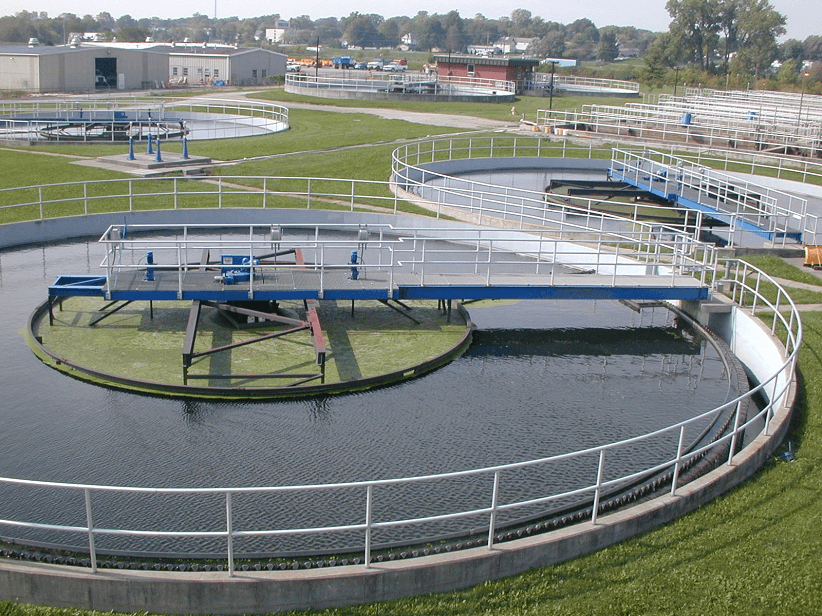It is recommended to audit your potential water purification treatment system supplier/manufacturer—unless you already have experience and historical data from working with them.
For a normal audit you would set up an agenda to review the different activities in the company. If you follow ISO 9001 or a Quality Management System, the audit would include the following areas:
- Management and organization
- Sales process
- Project management process
- Design process
- Procurement process
- Manufacturing process
- Product verification process
- Service process
- Handling of deviations
- Customer complaints
To evaluate every single area as well as quality/price, efficiency, reliability and customer friendliness can be very time consuming and difficult. So, how do you find out what you need to know in a more efficient way? What are the most important things to know? If you go through the following nine points you will have the answers you need and an overall impression of the company and the employees.
Check the Background and Experience of the Company and its Management
- How long have they been in business and what types of water systems and other customers do they have?
- Are they in the same industry as you?
- Are the company and employees involved in industry organizations and active in for instance ASME or ISPE?
Organization, Engineers, Service and Spare Parts
- Which recourses and support are available?
- Ask for the project organization chart and, preferably, meet with them
- Request resumes for key engineers
- How will your project’s planned schedule fit in time with other projects handled by the vendor?
Requirements through Procurement and Manufacturing
- How does the company assure that requirements from the URS are implemented, especially in design and procurement?
Receiving Inspections and Material Flow
- How are incorrect or damaged components handled?
Inspect the Manufacturing Site
- Is it well organized, neat and clean? (For instance, no carbon steel mixed with stainless steel)
- How many welders are certified for orbital welding and for which diameters for manual welding
- How many automatic welding machines does the company have
- Do they have valid WPS’s and PQR’s
- Look at a typical weld log. Does it comply with your expectations? Ask how a rejected weld would be handled
- How are different water systems projects separated
- Which types of calibrated measuring instruments are available in the shop
- There should be at least a surface roughness measuring device, digital water levellers that also can show angles (for installation of diaphragm valves on the sanitary side), callipers, and boroscoping equipment (sometimes companies uses an external company for boroscope inspections instead of owning one)
- Is there a certified weld inspector within the company
Check the Company’s Financial Status by Review of their Annual Report
Before you carry out your audit, give the vendor time to prepare for it by sending a detailed list of the chosen topics in advance. This makes your expectations clear and ensures you will meet the right people. Follow up with a phone call before the visit. The day you are ready to finalize a contract with the vendor, make sure that the scope, price, responsibilities, and interfaces are clearly defined.
